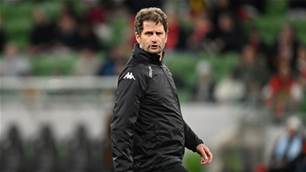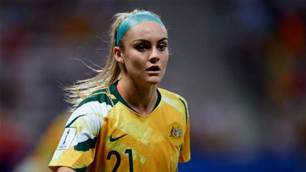Game Play Learn (GPL) is an exciting kids sports program that was brought to life by former Matildas legend and FFA A-licenced coach Joey Peters in 2016.
Peters explained the importance of adults adding value to learning, including helping players solve a problem themselves, rather than a traditional coach doing the thinking for them.
She explained that GPL was about facilitators actually getting involved and engaging with the kids on their level rather than being an authoritative figure.
“It really stops and makes you think about if / when you are going to intervene in a game and how you can change from telling and critiquing to questioning and applauding.
“But it also shows the power of joining in and playing, especially with kids, you can then connect with them on the same level and influence the game so you bring in the shy, beginner kids more and can challenge the more experienced, serious ones.
“Then we can celebrate the joy of playing, having fun, enjoying the experience.”
Peters insisted it was important that kids felt like they belonged regardless of their ability rather than ostracised for not performing at a certain level.
“What I love about this approach, it’s inclusive, not exclusive - it’s for beginners and experienced,” said Peters.
“It values difference and creativity. There’s no such thing as correct technique only interactions and strategy. ‘Can you score and can you stop the opponent scoring?’
“That’s the most simple yet complex beauty of playing a game. Not everyone can do a drill, but everyone can play.
“That’s why we say ‘learn the game by playing the game or warmup for the game by playing the game.’”
Peters has clearly embraced GPL and is a passionate advocate of it and it’s philosophies.
“I used to instruct, I used to correct technique and do repetitive drills on how to play, now I see how flawed that was.
“Thinking I had the answers rather than drawing out their own ways for themselves. Isn’t that creativity and why we don’t see much of it anymore?”
Anyone interested in this program can find out more here.
Related Articles

'Timing not right': Montemurro's verdict on Matildas vacancy

Matildas: 'Fourth at the Olympics is honestly the worst place you could come'
.jpg&h=172&w=306&c=1&s=1)












